How To Have Beautiful Skin on the Body
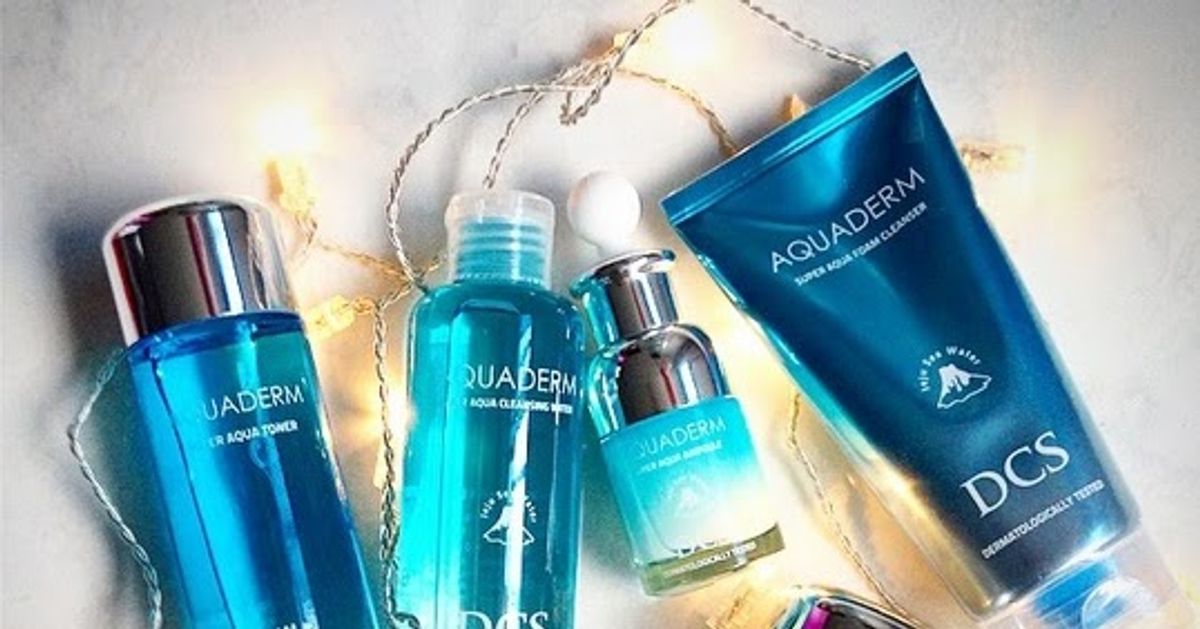
Achieving beautiful skin on the body involves more than just applying lotions and potions; it is a holistic process that combines a nourishing skincare routine, proper hydration and nutrition, protection against environmental damage, lifestyle adjustments, and advanced skincare techniques. This article will guide you through each step, providing practical advice for maintaining radiant and healthy skin from head to toe.
Key Takeaways
- A consistent skincare routine with suitable cleansers, exfoliation, and natural oils is crucial for healthy skin.
- Hydration and a balanced diet rich in vitamins and skin-friendly foods contribute significantly to the skin’s radiance.
- Protecting your skin from the sun’s harmful rays and environmental pollutants helps prevent premature aging and maintains skin health.
- Lifestyle factors such as managing stress, regular exercise, adequate sleep, and mindfulness practices can visibly improve skin quality.
- Exploring advanced skincare treatments and staying informed about the latest innovations can offer additional benefits for skin beauty.
Establishing a Nourishing Skincare Routine
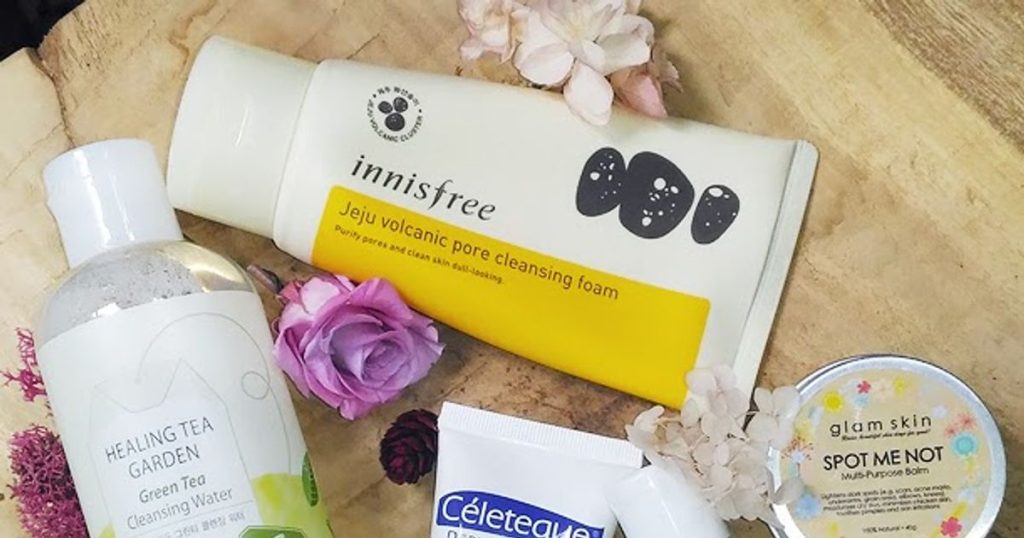
Choosing the Right Cleansers
Selecting the appropriate cleanser is crucial for maintaining healthy skin. A gentle cleanser will be alcohol-free to avoid dryness and flaking, ensuring that your skin retains its natural moisture. It’s important to consider your skin type when choosing a cleanser. For instance, those with body acne should look for products containing benzoyl peroxide or salicylic acid, while individuals with dry skin might benefit from cleansers with glycerin.
Exfoliating for Smooth Skin
Exfoliating is a crucial step in achieving a radiant complexion. By removing dead skin cells, exfoliation reveals the new, smoother skin beneath. It’s recommended to exfoliate 2-3 times a week, depending on your skin type and the method you choose. Physical exfoliants, like scrubs, work by buffing away debris, while chemical exfoliants, such as glycolic and salicylic acids, penetrate deeper to assist in cell turnover.
When incorporating exfoliation into your routine, consider the following: Use gentle motions to avoid skin irritation. Choose a product that suits your skin type. Be mindful of the environment; opt for biodegradable beads if using a scrub.
For those tackling hyperpigmentation, exfoliation can be particularly beneficial. It’s not just about the face; every part of the body deserves attention to promote the natural renewal process. Remember, the goal is to aid your skin’s healing and rejuvenation, not to cause harm, so always exfoliate with care.
Moisturizing with Natural Oils
Natural oils are a moisturizer of choice for the body, offering a wealth of benefits for maintaining beautiful skin. Extracted from plants and nuts, these oils provide deep hydration and contain essential vitamins and antioxidants. Unlike traditional lotions, natural oils create a protective barrier to prevent moisture loss, allowing the skin to absorb their nourishing properties into its deeper layers.
Here are some of the top oils for skin health:
- Candlenut Oil: Moisturizes without leaving a greasy residue, ideal for softening rough skin.
- Rice Bran Oil: Helps maintain skin’s elasticity and is rich in Vitamin E.
- Avocado Oil: Known for its hydrating and soothing properties, perfect for nurturing the skin.
When selecting a body moisturizer, consider natural oils for their ability to lock in hydration and provide lasting benefits. They not only improve skin texture but also contribute to its overall health.
Remember, the right oil can make a significant difference in your skin’s appearance and feel. It’s not just about surface hydration; it’s about feeding your skin from within.
Incorporating Serums and Treatments

The Importance of Drinking Water
Water is the essence of life and the lifeblood of healthy skin. Staying adequately hydrated is crucial for maintaining skin elasticity and suppleness. Drinking the recommended 8 glasses of water a day can help to keep your skin hydrated, potentially reducing the appearance of fine lines and preventing dryness and flakiness.
While the direct correlation between water intake and skin health is still being explored, it’s clear that hydration supports overall physiological balance, which in turn can lead to improved skin health. Remember, excessive hydration is unlikely to benefit the skin, so it’s important to drink water in moderation.
Maintaining a balance in water consumption is key to ensuring that your skin reaps the benefits without overdoing it.
Incorporating water into your daily routine is simple yet effective. Here are some tips to ensure you’re getting enough water:
- Start your day with a glass of water to kickstart hydration.
- Carry a reusable water bottle and refill it throughout the day.
- If the water is too bland, add a slice of lemon or cucumber for a refreshing twist.
- Pay attention to your body’s thirst signals and respond accordingly.
Eating for Skin Health
The foods we consume play a crucial role in maintaining the health and vitality of our skin. A balanced diet rich in fruits, vegetables, and healthy fats can lead to a clearer, more radiant complexion. Including foods high in antioxidants, such as berries and leafy greens, can help protect the skin from oxidative stress.
Incorporating skin-friendly fats is essential for keeping the skin hydrated and supple. Foods like avocados, nuts, and seeds are not only delicious but also nourish the skin from within. It’s important to remember that a healthy gut contributes to healthy skin. Probiotic-rich foods such as yogurt and kimchi support the skin microbiome balance, promoting overall skin health.
Maintaining a diet that supports skin health doesn’t have to be complicated. Start by adding a variety of nutrient-rich foods to your meals and observe the positive changes in your skin’s appearance.
Remember, beautiful skin is a reflection of overall well-being. Regular exercise, adequate sleep, and staying hydrated complement a skin-healthy diet, creating a holistic approach to achieving that coveted glow.
Vitamins and Supplements
In the quest for beautiful skin, vitamins and supplements play a pivotal role. They can enhance skin healing, improve hydration, and boost elasticity, addressing concerns like acne and aging. It’s essential to choose supplements that complement your skin’s needs.
- Vitamin D: Essential for skin repair and rejuvenation.
- Vitamin E: A powerful antioxidant that protects skin from oxidative damage.
- Vitamin C: Vital for collagen production and skin brightness.
- Omega-3 Fatty Acids: Reduce inflammation and promote smooth, hydrated skin.
While topical applications are beneficial, ingesting the right vitamins can provide a more profound impact on skin health.
Remember, not all supplements are created equal. It’s advisable to opt for high-quality products recommended by healthcare professionals to ensure efficacy and safety.
Balancing Your Diet
Achieving beautiful skin is not just about what you put on it, but also about what you put in your body. A balanced diet is crucial for providing your skin with the essential nutrients it needs to thrive. Incorporating a variety of whole foods into your meals can make a significant difference in your skin’s health.
- Fresh fruits and vegetables are packed with vitamins and antioxidants that support skin health.
- Healthy fats, such as those found in avocados and nuts, contribute to skin’s elasticity and moisture.
- Whole grains offer sustained energy and are rich in fiber, aiding in digestion and detoxification.
- Protein from lean sources helps repair and build skin tissues.
Remember, creating new dietary patterns can be challenging, but with determination, you can transform your eating habits to support not only your skin but your overall well-being.
Regular exercise, restorative sleep, and adequate hydration work synergistically with a balanced diet to enhance your complexion. By being mindful of your food choices and how they affect your skin, you can maintain a radiant and healthy appearance.
Protecting Skin from Environmental Damage
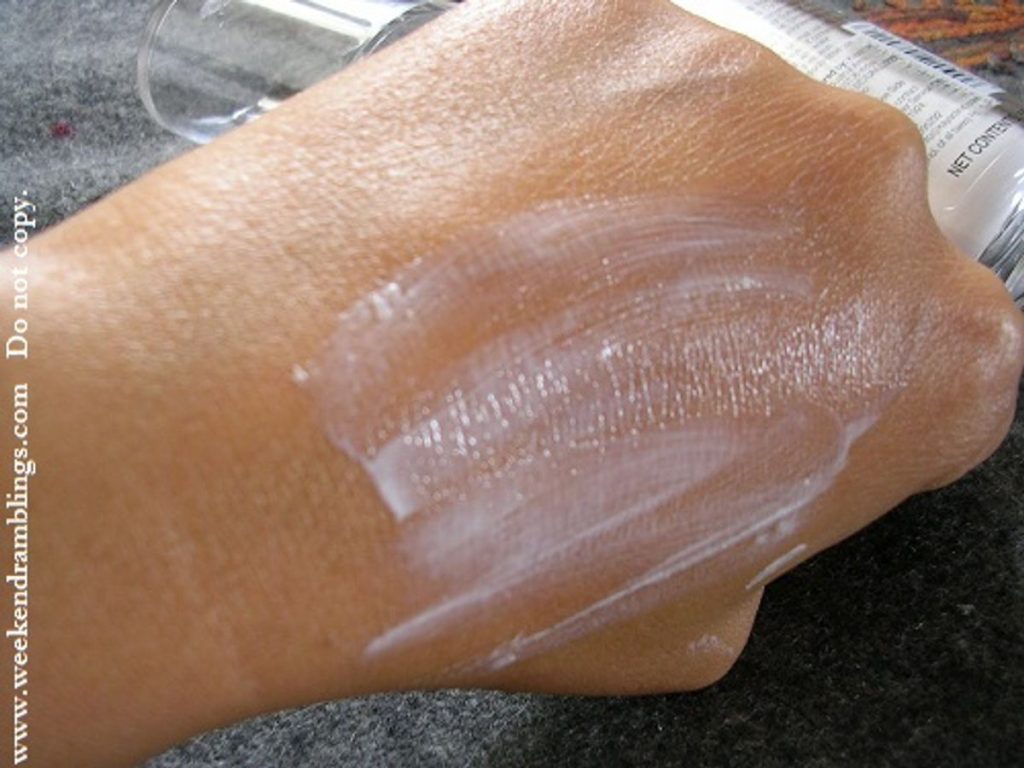
Understanding Sun Protection
Protecting your skin from the sun is crucial for maintaining its health and appearance. Always apply SPF 30 sunscreen at least 30 minutes before going outside to shield your skin from harmful ultraviolet rays. These rays can cause premature aging, such as dark spots, wrinkles, and an uneven skin tone, and increase the risk of skin cancer.
To optimize sun protection, consider the following tips:
- Wear hats and protective clothing to cover exposed skin.
- Use sunglasses to protect your eyes and the delicate skin around them.
- Seek shade, especially during peak sun damage between 10 AM and 2 PM.
Remember, even on cloudy days or during winter, the sun’s rays can still cause damage. Incorporating antioxidants like vitamin C or green tea in your skincare can help defend against the sun’s impact on collagen and elastin.
Consistent use of sunscreen and protective measures can not only prevent damage but also support your skin’s overall health and radiance.
Combating Pollution and Toxins
In the fight against environmental aggressors, understanding how to protect your skin from pollution and toxins is crucial. Daily exposure to pollutants can lead to oxidative stress, accelerating the aging process and causing skin to lose its natural glow.
- Strategy #1: The use of cleansing or exfoliating products. By incorporating products that remove pollutants from the skin’s surface, you can minimize the damage they cause. Exfoliating helps eliminate dead skin cells, which can harbor microorganisms and free radicals.
- Strategy #2: Maintaining a balanced skin microbiome. Beneficial microorganisms on the skin’s surface play a key role in protecting against harmful pollutants.
- Strategy #3: Utilizing antioxidants. Ingredients like Vitamin E, found in natural oils such as jojoba, combat free radical damage and support the skin’s resilience.
Remember, your skin’s health is an investment. Regularly purifying and fortifying your skin against environmental toxins will pay dividends in the form of a radiant, youthful complexion.
The Role of Antioxidants
Antioxidants play a crucial role in maintaining the skin’s health by neutralizing free radicals that can cause oxidative stress and premature aging. Incorporating antioxidant-rich foods into your diet is a simple yet effective way to protect your skin.
Foods high in antioxidants not only contribute to overall health but also specifically benefit the skin. For instance, blueberries are known for their high anthocyanin content, which has potent antioxidant properties. Similarly, dark leafy greens, nuts, and carrots are packed with nutrients that help minimize skin damage.
Regular consumption of these foods can lead to healthier, more resilient skin.
Here’s a list of some common antioxidant-rich foods and their benefits:
- Blueberries: Assist in fighting oxidative stress and inflammation.
- Dark Leafy Greens: Provide essential vitamins and minerals.
- Nuts: Offer healthy fats and vitamin E, which support skin health.
- Carrots: Rich in beta-carotene, which can improve skin appearance.
Remember, a balanced diet with a variety of these foods will not only enhance your skin’s appearance but also support your overall well-being.
Seasonal Skincare Adjustments
As the seasons change, so should your skincare routine. Adapting to the varying climate conditions is essential for maintaining healthy skin throughout the year. For instance, during the winter months, the skin often requires extra hydration to combat the dry, cold air. Transitioning into spring, it’s important to focus on exfoliation to shed the remnants of winter skin, particularly from areas like knees, elbows, and hands.
In the summer, increased humidity and exposure to the sun call for a different approach. Lightweight, non-greasy moisturizers and increased sun protection are key. As fall approaches, you might need to reintroduce more nourishing products to prepare your skin for the upcoming winter.
Remember, the key to healthy skin is consistency and finding what works best for you. Regular application of the right products for the season will keep your skin looking and feeling its best.
Here’s a simple guide to help you navigate through the seasons:
- Winter: Focus on heavy moisturizers and hydrating serums to protect against the harsh cold.
- Spring: Incorporate gentle exfoliation to refresh and brighten the skin.
- Summer: Switch to lighter moisturizers and amp up your SPF to shield against UV rays.
- Fall: Add richer creams and possibly a hydrating mask to your routine.
Lifestyle Factors Affecting Skin Quality
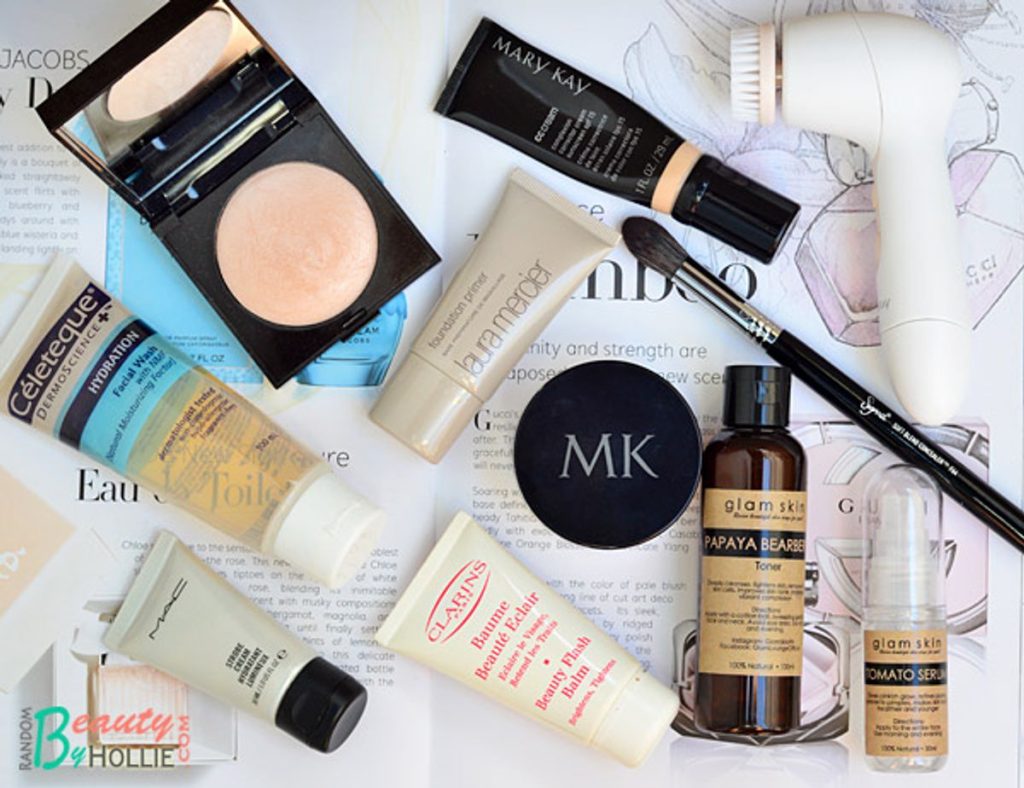
The Impact of Stress on Skin
Stress can have a profound impact on your skin’s health and appearance. High levels of stress trigger the production of cortisol, a hormone that can lead to increased oil production, blocked pores, and acne. Additionally, stress may accelerate the aging process, contributing to wrinkles and fine lines.
- Manage stress through relaxation techniques like meditation or taking a walk in nature to help maintain a clear complexion.
- Use a silk-like pillowcase to reduce skin irritation and prevent acne caused by stress-related oil production.
- Ensure you get enough sleep, as it’s crucial for skin regeneration and stress reduction.
Maintaining a balanced state of mind not only benefits your mental health but also reflects positively on your skin. Regularly engaging in stress-reducing activities can lead to a more radiant and youthful skin appearance.
Exercise and Skin Elasticity
Regular physical activity is not only beneficial for overall health but also plays a crucial role in maintaining skin elasticity. Exercise increases blood flow, nourishing skin cells and keeping them vital. Blood carries oxygen and nutrients to working cells throughout the body, including the skin. In addition to providing oxygen, blood flow also helps carry away waste products, including free radicals, from working cells.
Engaging in a mix of strenuous aerobic activities and strength training is recommended for optimal skin health. Strenuous aerobic activities such as running, swimming, and biking, combined with strength training, can lead to a more toned body and youthful appearance.
It’s important to note that while exercise can improve skin firmness, a balanced approach that includes a healthy diet rich in protein and polyphenols is essential. Avoiding processed foods high in sugars and white flour is also crucial as they can reduce skin elasticity.
Sleep and Skin Regeneration
The transformative power of sleep extends beyond mere rest; it is a critical period for skin regeneration and repair. During sleep, our bodies focus on healing, allowing the skin to recover from daily stressors. This is when the production of collagen, an essential protein for skin elasticity and youthfulness, is at its peak.
To harness the full benefits of sleep for skin health, it’s important to establish a conducive sleep environment and routine. Here are some tips to improve your sleep quality and, consequently, your skin’s appearance:
- Ensure you get 7-8 hours of sleep each night.
- Use a silk or satin pillowcase to minimize friction and prevent dehydration of the skin.
- Develop a relaxing bedtime ritual to signal your body it’s time to wind down.
- Keep your bedroom cool, dark, and quiet to promote uninterrupted sleep.
Remember, quality sleep is just as important as its quantity. A consistent sleep schedule helps maintain the skin’s natural beauty and supports the healing processes that occur at night.
By prioritizing sleep, you’re not only investing in your skin’s health but also enhancing your overall well-being.
Mindfulness and Self-Care
In the journey to achieving beautiful skin, the importance of self-love and self-care cannot be overstated. Taking the time to care for your skin allows for moments of mindfulness and self-reflection, transforming a simple routine into a therapeutic ritual.
Mindfulness during skincare is about being present in the moment, appreciating the sensations, and acknowledging the care you’re providing to your body. It’s an opportunity to connect with oneself, fostering a sense of peace and contentment.
Incorporating mindfulness into your skincare routine can start with small, intentional practices:
- Breathing deeply to relax and center your thoughts before beginning your regimen.
- Setting intentions for the day during your morning routine or reflecting on gratitude in the evening.
- Recognizing the textures and fragrances of your products as you apply them, enhances the sensory experience.
Creating new patterns of self-care can be challenging, but with dedication, these practices can lead to not only healthier skin but also a more balanced and joyful life.
Advanced Skincare Techniques and Treatments
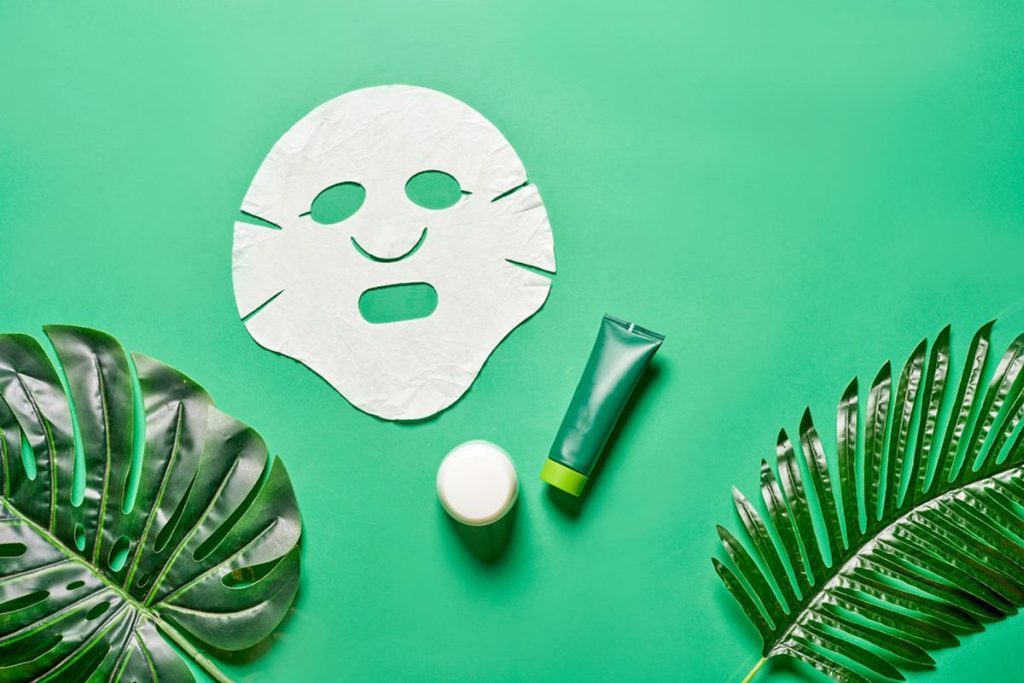
Exploring Professional Skincare Treatments
Professional skincare treatments offer a higher level of precision and effectiveness, often utilizing advanced technologies and potent ingredients. Choosing the right professional treatment can significantly enhance your skin’s appearance and health.
For those seeking to elevate their skincare regimen, exploring options like facials, chemical peels, and laser therapy is essential. Each treatment targets specific skin concerns, from acne and hyperpigmentation to fine lines and loss of elasticity. It’s important to consult with a licensed esthetician or dermatologist to determine which treatments are best suited for your skin type and goals.
While at-home skincare routines are vital, professional treatments can provide that extra boost to achieve and maintain beautiful skin.
Here’s a quick guide to some popular professional skincare treatments:
- Facials: Customized to your skin’s needs, facials can cleanse, exfoliate, and nourish the skin.
- Chemical Peels: These treatments use acids to remove dead skin cells, revealing smoother, more radiant skin underneath.
- Laser Therapy: Targets various skin issues, such as wrinkles or sun damage, with focused light energy.
Remember, professional skincare treatments should complement your daily skincare routine, not replace it.
At-Home Devices and Tools
With the rise of at-home skincare technologies, achieving professional-level results in the comfort of your own home has never been easier. Innovative devices such as LED light therapy masks, ultrasonic skin scrubbers, and microcurrent facial toners have revolutionized the way we approach skin maintenance. These tools offer a range of benefits, from brightening and rejuvenating the skin to improving firmness and elasticity.
Consistent use of these tools can lead to visible improvements in skin texture and tone, making them a valuable addition to any skincare regimen.
It’s important to select devices that are suited to your specific skin concerns and to follow the manufacturer’s guidelines for use. Here’s a simple list to help you get started:
- Research and select a device that targets your skin concerns
- Follow the instructions carefully to avoid any skin damage
- Clean the device after each use to maintain hygiene
- Monitor your skin’s response to the treatment
Remember, while these tools can be highly effective, they should complement, not replace, your daily skincare routine.
Understanding Chemical Peels and Microdermabrasion
Chemical peels and microdermabrasion are popular methods for achieving smoother, more radiant skin. Chemical peels involve the application of a solution that causes the top layer of skin to peel off, revealing the newer, less damaged skin beneath. Microdermabrasion, on the other hand, uses a physical exfoliant to buff away debris, instantly improving skin texture.
For those with sensitive skin, it’s recommended to use gentler acids like lactic, mandelic, or salicylic once a week. This approach maintains smooth and bright skin while being less aggressive. Regular exfoliation, 2-3 times a week, can benefit anyone by increasing the turnover of old skin to new skin, which is particularly effective for tackling hyperpigmentation.
While these treatments are generally safe, it’s important to be aware of potential side effects. Microdermabrasion, for example, can cause side effects even though it’s considered a very safe procedure.
Here’s a quick list of ingredients that can complement these treatments, especially for aging and mature skin:
- Alpha Hydroxy Acids
- Arbutin
- Collagen
- Hyaluronic Acid
- Kombucha
- Probiotics
- Vitamin C
Remember, if you have a skin type that is more prone to irritation, exfoliating scrubs can be irritating, so it’s crucial to choose the right product and frequency of use.
The Future of Skincare: Innovations and Trends
As the skincare industry evolves, innovations and trends are shaping the future of our beauty routines. The year 2024 is witnessing a surge in cosmetic industry innovation trends such as food-based cosmetics, hyper-personalization, and sustainable packaging. These advancements reflect a growing consumer demand for products that are not only effective but also align with personal values and environmental consciousness.
The integration of technology in skincare is leading to the development of more sophisticated at-home devices and tools. These innovations offer personalized skincare solutions that cater to individual needs, making professional-level care accessible outside the clinic.
Another significant trend is the emphasis on holistic wellness, connecting the skin’s health with overall well-being. Brands are increasingly partnering with wellness initiatives, as seen with JUARA’s collaboration with MENTARI, to empower individuals through holistic self-care rituals. This approach underscores the importance of a comprehensive skincare strategy that goes beyond topical treatments.
As we look to the future, the skincare industry is poised to continue its trajectory of growth and transformation, promising exciting new possibilities for achieving beautiful, healthy skin.
Conclusion
Achieving and maintaining beautiful skin on the body is a journey of consistent care and self-love. From staying hydrated and nurturing your gut health to embracing natural oils and regular exfoliation, each step you take is a stride toward radiant skin. As we’ve explored various methods and products, remember that finding what resonates with your unique skin needs is the key. As summer approaches, let’s commit to these skin-loving practices to confidently show off our healthy, glowing skin. Embrace the journey, and let your skin’s natural beauty shine through.
Frequently Asked Questions
What natural oils are best for moisturizing the body?
Natural oils such as coconut, jojoba, and argan oil are excellent for moisturizing the body. They help to protect the skin and smooth out imperfections while providing essential hydration.
How does water consumption affect skin health?
Drinking adequate water is crucial for maintaining healthy skin. Water is the main component of our cells and tissues, and it helps to maintain normal physiological balance, keeping the skin hydrated and radiant.
Can gut health impact the appearance of my skin?
Yes, gut health can significantly impact your skin. Studies suggest that a diverse gut microbiome can lead to better skin health, emphasizing the importance of a balanced diet and possibly probiotics.
What should I include in my daily skincare routine for the body?
A daily skincare routine for the body should include cleansing with a gentle soap, exfoliating with a scrub or loofah, moisturizing with natural oils or lotions, and applying sunscreen before exposure to the sun.
How can I protect my skin from environmental damage?
To protect your skin from environmental damage, use a broad-spectrum sunscreen, cleanse your skin regularly to remove pollutants, and incorporate antioxidants into your skincare routine to combat free radicals.
What are some advanced skincare techniques for the body?
Advanced skincare techniques include professional treatments like chemical peels and microdermabrasion, as well as at-home devices designed to improve skin texture and appearance. Always consult a dermatologist before trying new treatments.



3 Comments